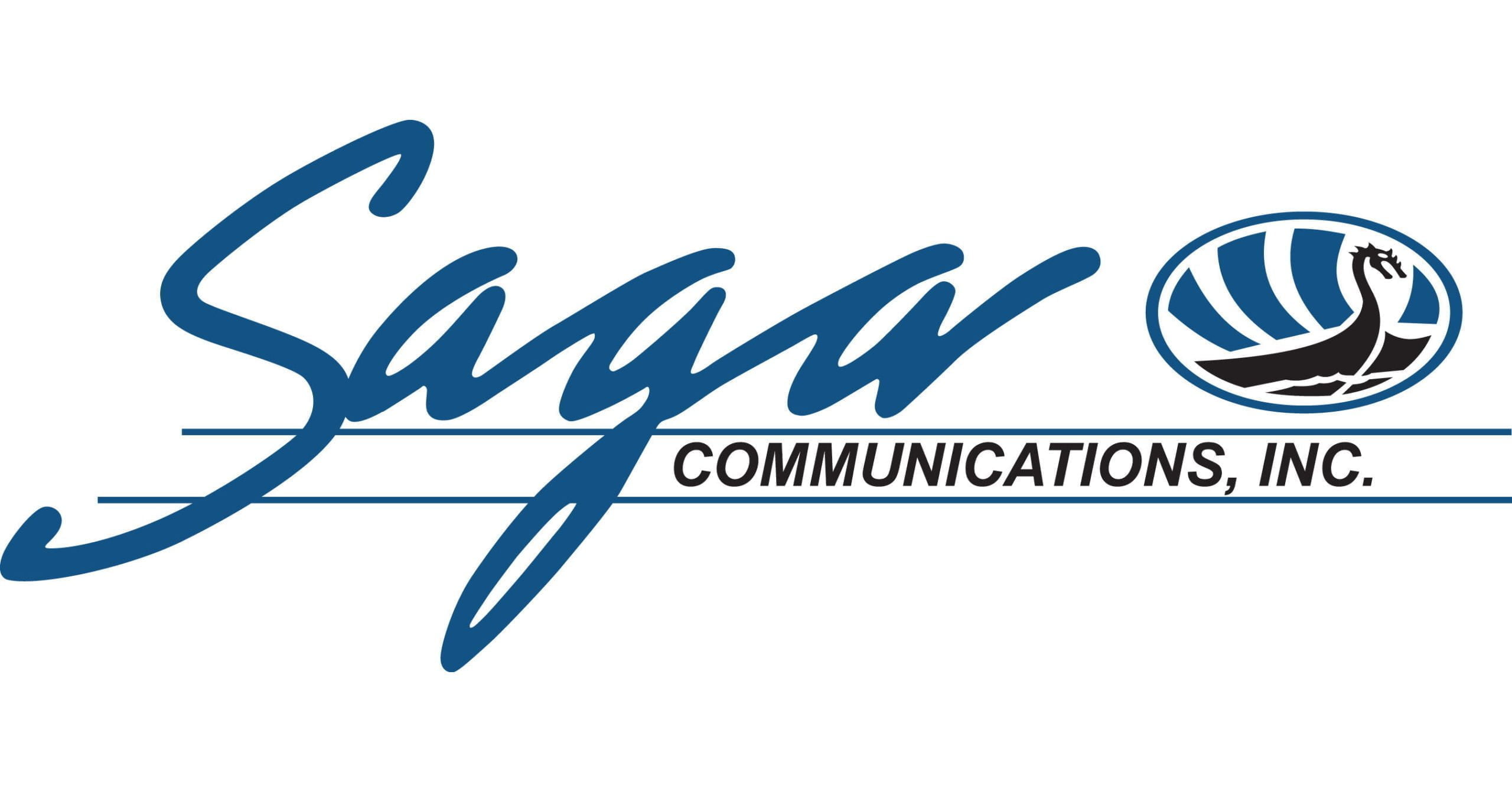After working at ESPN for four decades, longtime host Bob Ley announced his retirement from the network in 2019. Ley, known for his time on SportsCenter, Outside the Lines and various other marquee programs, had taken a leave of absence several months earlier and expressed in a statement that it was his decision to step away. While he no longer works at the network, he keeps track of its occurrences and also helps foster the next generation by staying engaged with the Center for Sports Media at Seton Hall University. Ley helped launch the institution within the university and believes there is considerable opportunity in the sports media industry.
While the industry is moving towards digital content and distribution, including direct-to-consumer streaming services that do not require a traditional cable subscription, Ley remains true to the fundamental characteristics and qualities of professionals. At the same time though, he recognizes that the industry ecosystem is changing. In fact, Ley quickly canceled his cable subscription upon retiring from ESPN, something that he believes would have once been unfathomable. He recently explained the rationale behind his decision in an appearance on the SI Media Podcast with Jimmy Traina.
“If you said ‘á la carte’ in the hallways of Bristol back in the mid-teens or early-teens, you were taken outside and shot even without a court martial because the idea was, ‘No, no, we’re pushing it all out there,’” Ley expressed. “Now of course the race [that] is on is, ‘How do you skinny bundle?,’ or, ‘How do you direct-to-consumer an ESPN?’ I have the greatest of admiration for the people still running the company who are inventing new ways who are tasked with conceiving of revenue streams and pricepoints and strategies that work.”
Earlier in the year, The Walt Disney Company, FOX Corporation and Warner Bros. Discovery announced plans to launch a new joint streaming venture in the fall. The service will include networks dedicated to sports coverage, along with other linear channels under the company portfolios. Many industry professionals were surprised at this resolution and there are a wide range of opinions advocating for or against the prospective advancement. Since Ley has retired, there have been people who have commended him for departing ESPN, referring to his timing as “exquisite.” In reality, he felt that it was time to move on and partially attributes his choice to leave to personal reasons.
“The effort and sacrifice required to do the job at the level I wanted to do it at and felt I was doing it at was such that it was just time for something different for a variety of reasons in my life, but it has changed,” Ley said. “Big stories will happen – they’ll bubble up – stories that will conflate sports with business, sports with culture and industry or whatever, sometimes globally, and you’ll say, ‘Damn, I’d like a piece of that story today. I’d like to have a half-hour back.’”
Ley conveyed that the economics of the situation do not allow an Outside the Lines daily television program to work. Moreover, he equated daily television to an analog platform and referred to it as being “gone into the universe.” Although the future of the medium remains ostensibly ambiguous, Ley enjoys reflecting back on his days at ESPN and believes that the network has made a lasting impact.
“I feel so lucky I’m in the team picture of the ‘27 Yankees,” Ley said. “I said, ‘If you ask yourself, ‘What’s the most significant cultural force in American culture in the last 125 years?,’ you can make a strong case that ESPN is that or very close to it with the establishment and the profligation of the sports entertainment industry.’”







